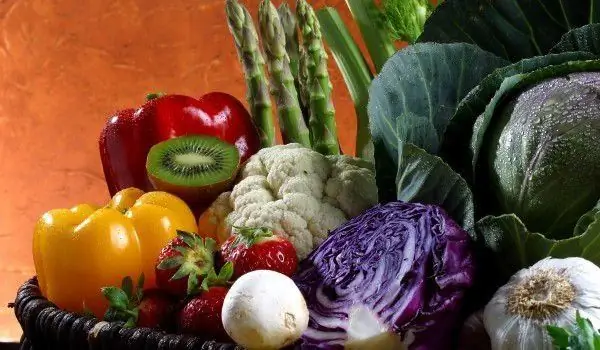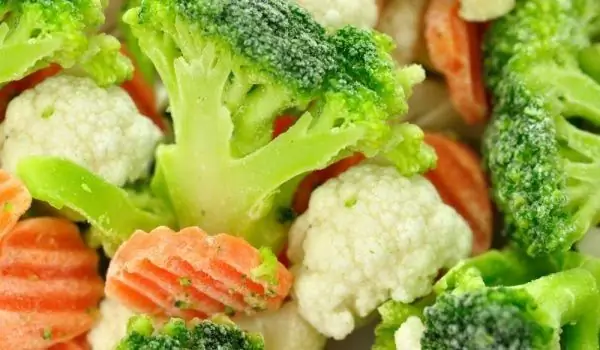2025 Author: Jasmine Walkman | [email protected]. Last modified: 2025-01-23 10:18
Although available year-round in most markets, the main season for zucchini is from May to August. This is why they are often called summer zucchini.
Zucchini should be stored and picked with care, as they are easily damaged and easily spoiled if not stored properly. When picked, they should not be cut too close to the zucchini itself, as this provides extra moisture after plucking.
The end of the stem, which is slightly prickly, and the glowing skin are like indicators of freshness. Ideally, green zucchini should be no more than 20 centimeters long and 7 to 10 centimeters in diameter, with hard skin without bruises and at least one centimeter from the stem that is fresh and has not withered.
Zucchini are one of the most popular vegetables in markets as well as in home gardens. They are used to prepare quite tempting and delicious dishes, such as breaded zucchini, grilled zucchini, spring moussaka, pickled zucchini, fried zucchini in yogurt, stuffed zucchini and much more. Interestingly, picking the flower actually encourages the birth of more fruit.
Storage of zucchini
Fresh zucchini are stored in a plastic bag, in the drawer for fruits and vegetables in the refrigerator for a maximum of four to five days, and must not be washed beforehand. And just before using them.
At the first signs of wilting of the stalk or discoloration of the bark, use immediately. Softness is a sign of deterioration of taste and impending spoilage. Boiled zucchini are stored in the refrigerator for up to two or three days. Fried and marinated ones can be refrigerated for up to five days.
To keep them frozen, cut zucchini into circles, blanch them for two minutes in boiling salted water, immerse in cold water, store them in airtight containers or bags and place them in the freezer. Frozen, zucchini can be kept for ten to twelve months.
Recommended:
Lemon: A Few Tips On How To Store And Consume It

Although so famous, the lemon is full of surprises. Refreshing and useful, this very sour citrus can be really tasty, squeezed in water and sweetened with sugar. Everyone knows that it is full of vitamin C, but it also contains iron, calcium, minerals, which make it a powerful supplier of energy for everyone, regardless of age.
How To Store Vegetables In Winter

To enjoy fresh vegetables all year round, you need to store them in a special way. When stored properly, the valuable substances they contain are not lost. Most vegetables contain about 75 to 97 percent water, and the loss of at least 7 percent of that water inevitably leads to wilting, so vegetables lose their beautiful appearance and nutritional value.
At What Temperature To Store The Products In The Refrigerator

You probably know how food canning works and what the purpose of the refrigerator is to slow down the growth of bacteria. The purpose of the freezer is to completely stop the growth of bacteria by freezing. We would probably freeze everything if we could, but some foods change drastically when we freeze them - lettuce, strawberries, milk and eggs, and these are just a few of the products that do not freeze.
How And Which Cooked Foods We Can Store In The Freezer

Once you've cooked more than necessary, it's wise to store food in the freezer instead of letting it spoil in an overfilled refrigerator anyway. Even in the refrigerator, cooked dishes can not stay too long without spoiling. Mushrooms can be frozen boiled, stewed and fried.
How To Store Zucchini For The Winter

With a delicate taste, light, refreshingly filling zucchini can be a great food during the spring-summer days. Their storage is similar to that of cucumbers and it is good to keep them in the refrigerator until they are cooked. Preserving them for a longer period of time requires careful handling.

